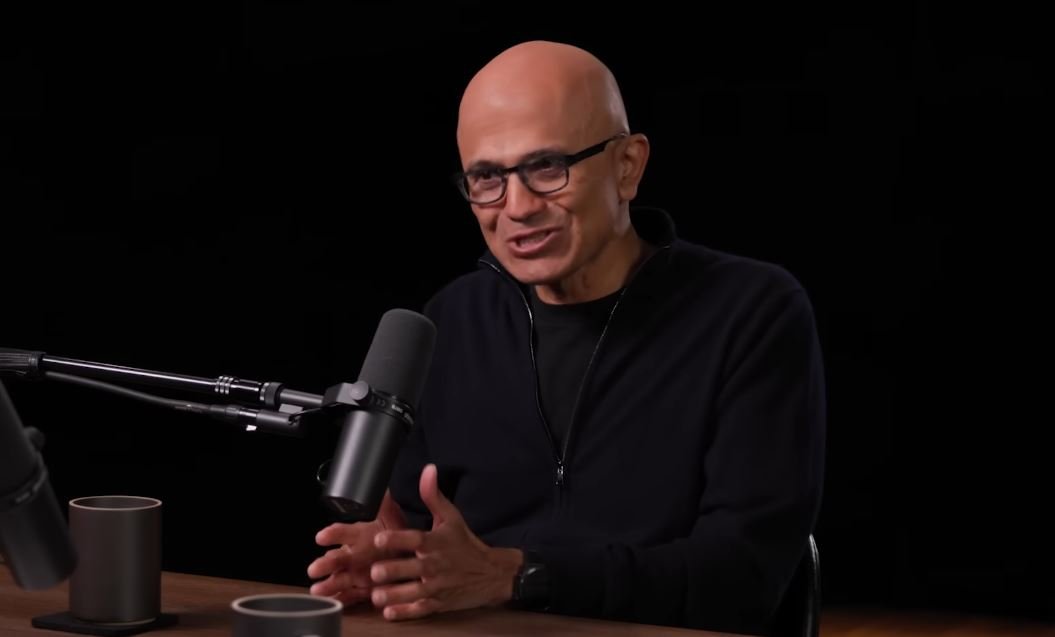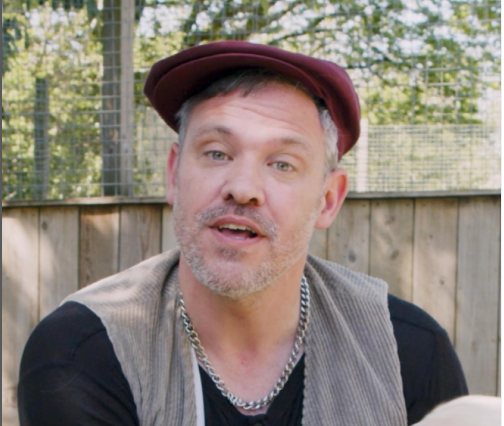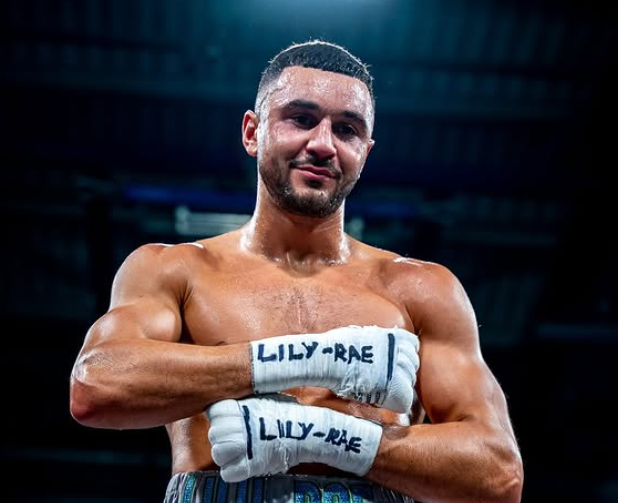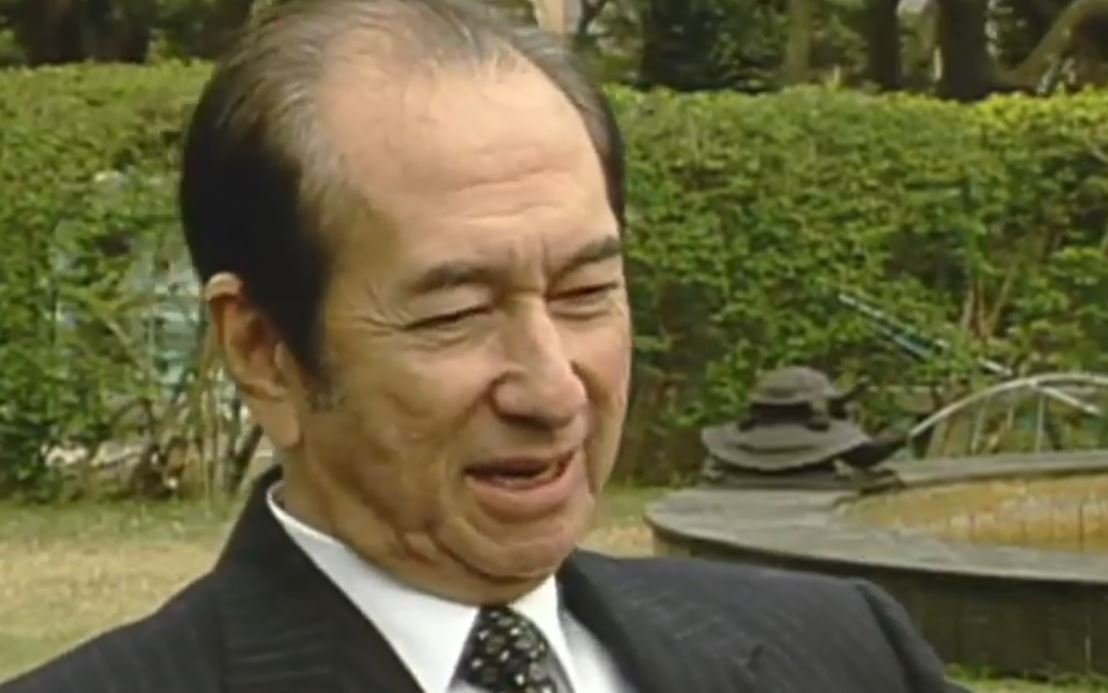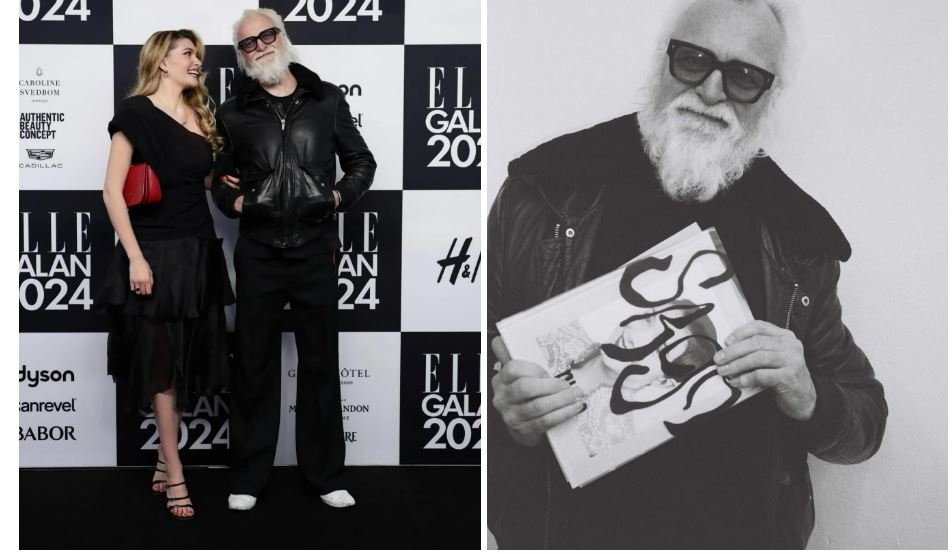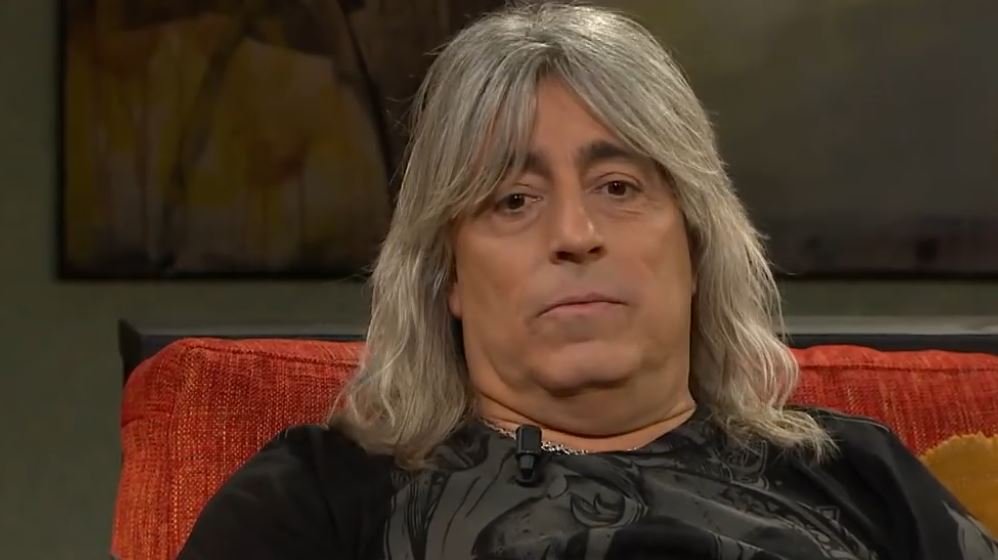From Nottingham’s lower leagues to the pinnacle of English football officiating, David Coote’s journey traces a path of commitment, talent, and heartbreaking discovery. Coote developed his athletic instincts early on because he was born into a sporting family—his father played county cricket. But it was his sense of justice and accuracy that led him to become a referee. He began off officiating in local leagues at the age of sixteen and worked his way up to oversee Premier League games. The journey was remarkably similar to a marathon, with discipline guiding each step.
Few people accomplish what he did in 2018 when he officiated his first Premier League match, between Newcastle and West Brom. He whistled more than 100 league games over the course of the following six years, which led to a high-profile assignment at Manchester United vs. Newcastle in the 2023 EFL Cup final. Coote demonstrated his highly esteemed standing in elite officiating circles by taking the field as a FIFA-listed official during UEFA Nations League C matches between 2020 and 2022.
| Attribute | Details |
|---|---|
| Full Name | David Harry Coote |
| Date of Birth | 11 July 1982 |
| Place of Birth | Nottingham, England |
| Nationality | British |
| Profession | Football Referee |
| Career Span | 2000 – January 2025 |
| Premier League Matches | Over 100 |
| International | FIFA-listed (2020–2022) |
| Net Worth | Approximately £100,000 |
| Salary (Peak) | Around £35,000 per season + match fees |
| Source for Details | https://www.premierleague.com |
As a Premier League referee on a salary, Coote’s annual income peaked at about £35,000, with small additions from match fees. Despite being significantly less than high-earning players, that steady, seasoned performance adds up to an estimated net worth of £100,000, which represents the modest economics of officiating and decades of perseverance in a specialized field.
Notwithstanding this rise, Coote’s tale took a tragic turn in December 2024 when he was fired by the Professional Game Match Officials Limited following the conclusion of an internal investigation. The following month, Coote came out as gay and publicly apologized for the alleged grave violations of his contract. He acknowledged abusing drugs and described the increasing strain of hiding his identity in the customarily stoic world of football. His revelation brings up more general issues regarding match officials’ mental health support, serving as a reminder that the human refereeing behind each crucial call bears unsaid burdens.
At the same time, Coote was accused of match-fixing in relation to a Leeds vs. West Brom Championship match in 2019, where it was claimed he set up a yellow card to help a betting associate. He denied any wrongdoing, but in February 2025, UEFA banned him, and FA investigations are still ongoing. This cloud over his legacy highlights an unsettling fact: officiating is susceptible to hidden intrigue and public mistrust in addition to being at the center of strategic and disciplinary authority.
However, his acknowledgment of his personal difficulties represents a notably progressive moment. Coote has started to change his own story from one of decline to redemption by admitting the costs of repressed identity and addiction. His proactive involvement in advocacy and therapy provides a beacon of hope, showing that even in the midst of scandal, accountability, when combined with support, can lead to more significant change.
This development relates to broader trends in professional sports, where diversity, transparency, and mental health are making headlines and moving from the sidelines. Similar to how athletes are exchanging shame for speaking up, Coote’s disclosure could help establish procedures that assist referees who are dealing with psychological and personal issues behind the scenes.
To be clear, Coote’s wealth is still insignificant compared to the financial masters of sports, but it is a concrete representation of his journey—built in modest steps, maintained by periods of concentration, and tense by abrupt collapse. His earnings may seem modest in comparison to football players who earn millions of dollars a season, but his story teaches us that public figures with specialized roles can still have a significant impact on discussions outside of sports economics.
Furthermore, athletes who publicly embraced their identities and changed the parameters of acceptance in professional sports, such as Robbie Rogers in soccer or Jason Collins in the NBA, are echoed by Coote’s coming out and reckoning. Fans may find football officiating distant, but the humanity that goes into each call is not. Coote’s vulnerability adds editorial weight by emphasizing that accountability is not only monetary but also moral and psychological.
There is potential for a hopeful arc in spite of the setback. Coole’s experience might spur tangible change if it were backed by institutional reforms, such as clear gambling safeguards, LGBTQ+ inclusion guidelines, and special mental health resources for referees. Refereeing organizations may be prompted by his prominence to establish zero-tolerance policies regarding match manipulation, diversify their hiring practices, and adopt wellness initiatives.
His declaration further supports the growing body of evidence that football is undergoing a quiet revolution, moving away from stoic, uncaring officiating personas to more genuine people whose identities count. Referees who previously remained in the background are now being brought into the conversation, bringing with them scrutiny and penalties as well as trust and empathy, as broadcasters and fan bases place a greater value on transparency.
Coote’s financial chapter, which was characterized by modest gains and an abrupt termination, in some ways represents a profession that is more focused on the grind than on glamour. Every pound earned came from thousands of decisions and sweaty showers spent analyzing tactical fouls and offside flags; there are no endorsement deals or fancy homes. The £100,000 net worth is representative of a career that is more about presence than payoff.
However, his capacity to take responsibility for his difficulties, confront accusations, and embrace support systems is not insignificant; rather, it is culturally significant. Sporting officials can create a more welcoming and encouraging officiating community for upcoming generations if they can learn from this experience and acknowledge the emotional toll that referees take. Peer support networks and official mental health policies could greatly lessen the silence that precedes public breakdowns.
